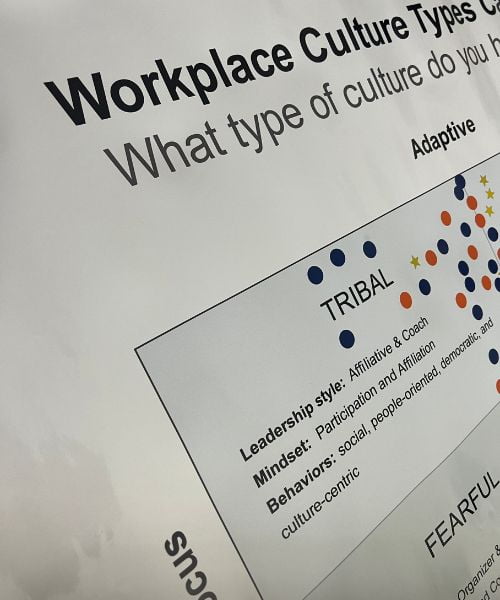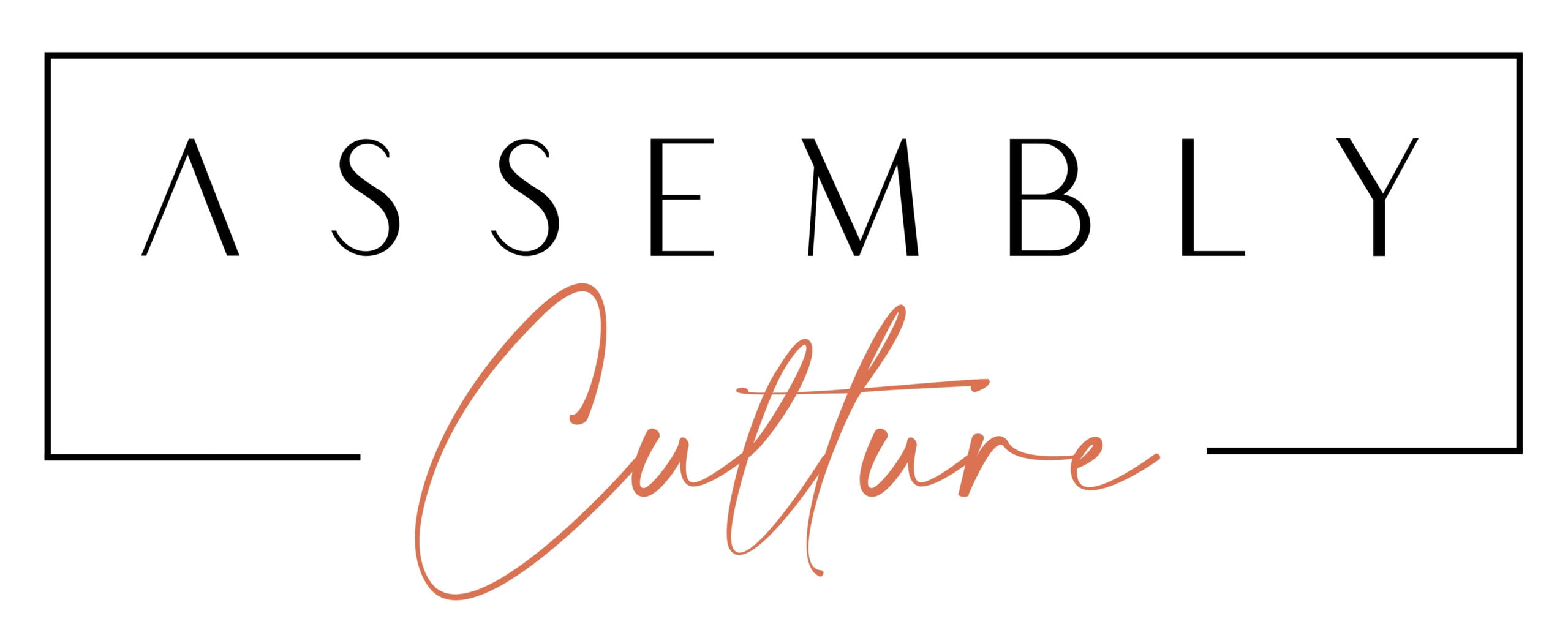let's assemble
Assembly Culture – where emotions run high, on purpose.

diagnose your culture
When you assemble with AC, we look to behavioural economics to explore at an individual level the emotions that drive us to behave in certain ways. We examine the emotions we want to feel in a workplace, project, team, situation, relationship, and we bring to the table strategies and plans for managing those emotions, both individually and as a collective, a team. A sub-culture.
We believe workplaces can be happier and more productive, when we’re more human. And as leading practitioners in Emotional Culture, giving your team fun, outside-the-box insights to better connect with themselves, and each other.
The Assembly Culture approach to shifting culture is through understanding the emotional culture at a granular level. We go deep in looking at what shows up in the workplace, naming the emotions, explore what they look like in practice, examining the behaviours that demonstrate and signal emotions in the workplace, and how all of this informs the lived values of the organisation.
This is Emotional Culture.
This is what you might be facing
- You’re losing sleep at night worrying about your people
- Your team isn’t as productive as you would like them to be
- Your team shies away or performs poorly during collaborative tasks
- You have witnessed some underlying conflict among the team
- You feel the lack of team cohesion is a risk in the business.
- You are noticing some missteps and mistakes being made in the business - with team members and customers
- Your team doesn’t feel very connected and there is no effort from the team to do so
- You feel some teams / people under your leadership are just a few steps away from being described as having a poor or toxic culture and you want to nip it in the bud
- You’ve actually witnessed people overlooking poor behaviours
- You are concerned that new team members might not be able to see their place in the culture
- You see people working well, but they don’t seem engaged

This is how Assembly Culture can help

When you partner with Assembly Culture, we begin by doing just that… Assembling.
Bringing people together and facilitating a connection, an emotional experience that has meaning.
We provide the space to explore the stories that are important for people to connect with themselves, each other and the organisation. Because it’s in the connection that lies rapport, collaboration, trust, cohesion…. a sense of being part of something.
It’s about creating emotional experiences that build bonds.
This is Emotional Culture.
The Assembly Culture approach to shifting culture is through understanding the emotional culture at a granular level. We go deep in looking at what shows up in the workplace, naming the emotions, explore what they look like in practice, examining the behaviours that demonstrate and signal emotions in the workplace, and how all of this informs the lived values of the organisation.
When we Assemble, we do it with intention.
We give you the programs, workshops, tools, connections, data and insights to diagnose, map, plan and execute on designing a culture that has impact and meaning.
Culture Coaches Program
The Culture Coaches Program is a framework for diagnosing, tracking and shifting your emotional culture through the power of Culture Coaches in your organisation.
Culture Journeys
Assembly Culture Journeys are a longer form culture engagement where we look at multiple aspects of your culture, using tools and data to diagnose and design improved cultures.
Workshop Experiences
Our Workshop Experiences offer you a bite sized culture and team building snack. You can mix, match and stack the workshops to create your own journey or get a standalone experience.
“Culture will happen regardless of how much effort you put in. It's just whether you want that effort to be in crafting a healthy culture and bringing the team together to have ownership over that culture, or whether you want to be dealing with the fallout from an organically grown culture that isn't in alignment with the values and behaviours”
Lorissa Garcia
